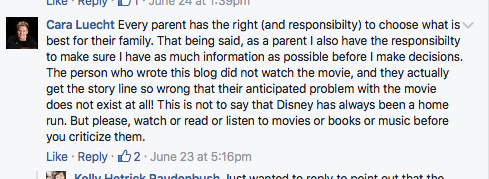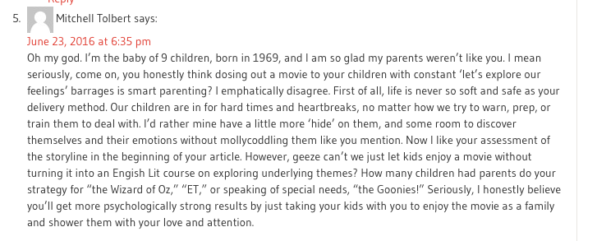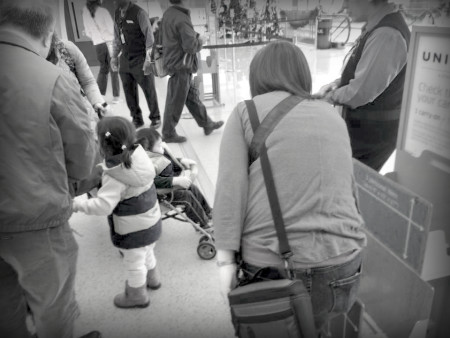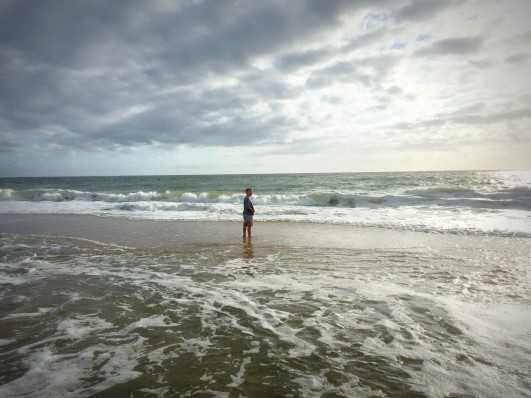I figured when I shared on No Hands But Ours about our decision to wait to see Finding Dory on DVD that it would be a well read post. The movie had just come out which meant that there were a whole lot of mamas and dads perusing the web for reviews and the like before a family night out at the theater. What I did not expect was that the post would be so widely shared, bringing in something like 10K hits on the day it was posted, and that it would generate as much dialogue as it did there via comments and on Facebook. And, I really did not expect that dialogue to escalate as it did.
Dialogue is good. It connects us, makes a one-way conversation an interactive one, challenges us. This time was no different. Some parents appreciated my take on things and approach with our kids as described in that post; some were glad to have the heads up about the movie; some not so much. I’m quite okay with that really. I devote a lot of time to researching and processing and being intentional when it comes to parenting our kids—after all, I actually get paid by the hour to help other adoptive families do that sort of thing; so I better be doing it myself, right? But, in the end, I’m just a mom trying to put what I know to be true into practice who often feels like I need the support and coaching that people come to me for. It’s by God’s grace that I get things right when I do. So, yeah, to those who said I was overthinking it; you are right, I totally was. And, to those who said I was sheltering our kids, I can see that, sure, I might be.
While I didn’t read it all, I did read a good bit of the dialogue about the post. Like these:


But, the one that really made me take pause was this one:

Wow.
I’m well aware that the combination of doing nonprofit work, working as a therapist, and writing online here and elsewhere means my “product” (whether that is a fundraiser, a team trip, a seminar I teach, my work with families, or a written piece) will be critically “reviewed.” If I were not okay with that, I would have to spend my time in other ways…maybe completely void of relationship and human beings in general…but that’s not where I am. So, when those reviews come in, I may get stung a little here or there, but I learn a bit from them and press on. But, this time, I felt compelled to respond to Mitchell Tolbert, the baby of 9 children with thick hide who is so glad his parents weren’t like me.
Click over HERE to read my words of response posted over at NHBO.
 That’s what I shared on Facebook the day we said goodbye to the boy we snuggled, fed, bathed, tickled, and loved for a month. It was a last-minute decision to host him in our home and in our family. But, by “last minute,” I don’t mean that it was a quick decision we made without a good bit of thought. We did a lot of thinking and, ultimately, said yes because we felt like, at that time, for that child, we could not say no.
That’s what I shared on Facebook the day we said goodbye to the boy we snuggled, fed, bathed, tickled, and loved for a month. It was a last-minute decision to host him in our home and in our family. But, by “last minute,” I don’t mean that it was a quick decision we made without a good bit of thought. We did a lot of thinking and, ultimately, said yes because we felt like, at that time, for that child, we could not say no.
